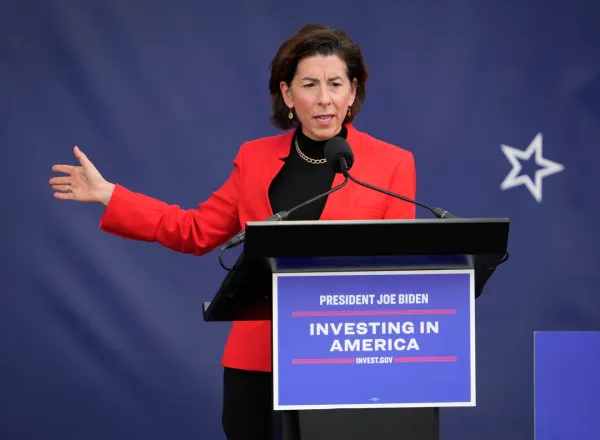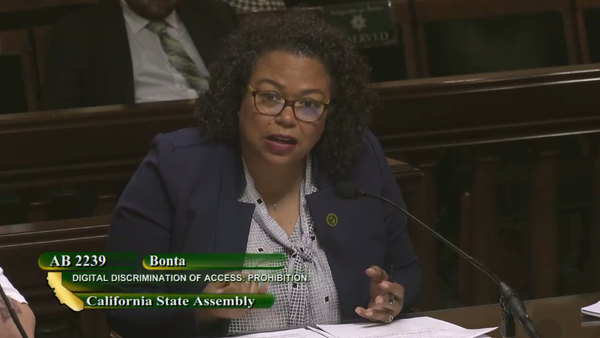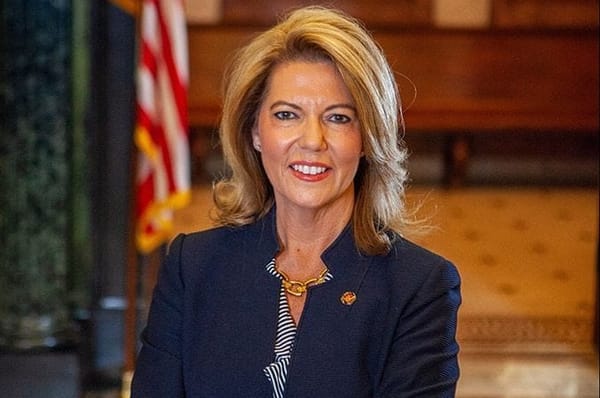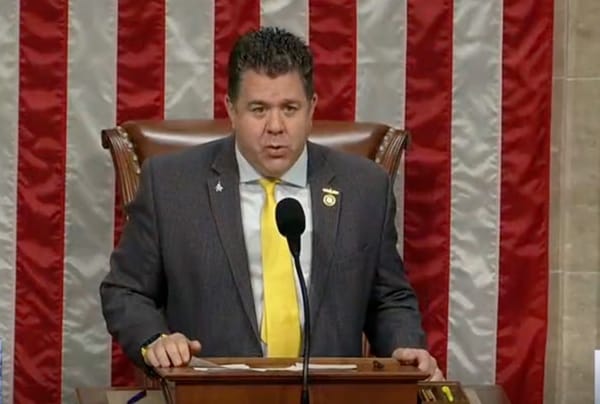Rural Healthcare Providers Could Be Surprised by FCC’s Recent Changes to Rural Healthcare Program
The Federal Communications Commission’s rural telehealth order of August 2019 was criticized by the Schools, Health and Libraries Broadband Coalition in a Wednesday webinar. The FCC’s rural health program has two arms: The healthcare connect fund and the telecommunications program. Jeff Mitchell, at

The Federal Communications Commission’s rural telehealth order of August 2019 was criticized by the Schools, Health and Libraries Broadband Coalition in a Wednesday webinar.
The FCC’s rural health program has two arms: The healthcare connect fund and the telecommunications program.
Jeff Mitchell, attorney at Fletcher, Heald & Hildreth, laid out the healthcare connect fund side of things. Mitchel was concerned that a hospital must serve at least 51 percent of rural residents in order to be eligible for funding. Mitchel expressed shock that a consortia still servicing a substantial rural population might not meet the new threshold and hence lack vital funds.

Mitchell also worried that if the $571 million cap is met this year, which he predicts will happen, then non-rural consortia will bear 100 percent of the cuts. The SHLB coalition has petitioned the FCC to change this.
Other petitions on the FCC’s order include those contesting the definition of 20 people or less per square mile as “critically underserved,” as well as those by Ohio and North Carolina seeking to raise the funding cap.
At this time, the SHLB considers the likelihood of these petitions inspiring the FCC to action as either low or very low.
On the side of the telecommunications program, Gina Spade, attorney at Broadband Legal Strategies, LLC, focused on gifts and the “similar services clause” in the order.
Spade advised webinar participants to check with their employees to ensure that they do not offer sports tickets or loans to their healthcare provider clients. Under the new law, nothing exceeding the value of a cup of coffee and snacks can be offered to clients.
Spade also criticized the ambiguities of the FCC’s new definition of ‘similar services’ to determine fair rates for urban and rural clients, as there are many more factors at play than the FCC’s narrow fixation on broadband speed. She also took issue with the FCC for empowering the Universal Service Administrator Company to determine urban and rural rates.
Illustration from screenshot in SHLB webinar.







